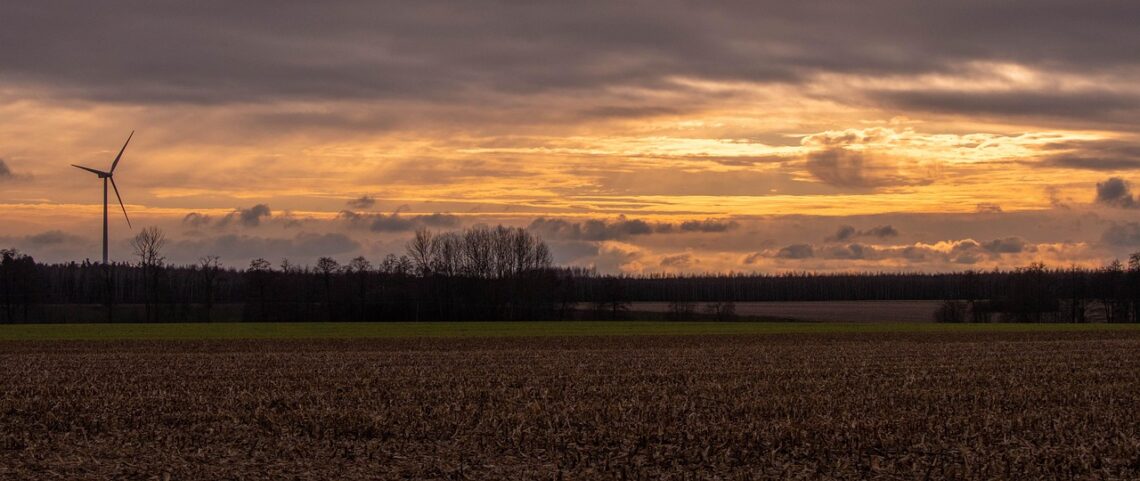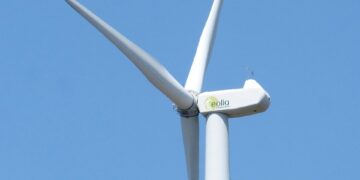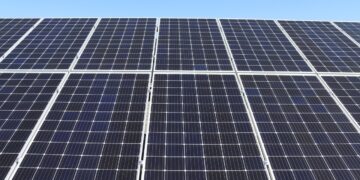Green Energy Essentials: A Beginner’s Guide to Sustainable Solutions
In the ever-evolving landscape of environmental conservation, green energy emerges as a critical player. With increasing awareness of climate change and resource depletion, individuals and corporations alike are turning to sustainable solutions. This article provides a comprehensive guide to the essentials of green energy, aiming to inform beginners about the advantages, options, and practical applications of renewable resources.
What is Green Energy?
Green energy refers to power generated from natural sources that are replenishable and less harmful to the environment compared to fossil fuels. Common types include solar, wind, hydroelectric, biomass, and geothermal energy. These sources not only curb pollution but also offer a pathway to reduce dependency on oil, coal, and natural gas.
Solar Energy
Solar power harnesses the sun’s energy using photovoltaic cells that convert light into electricity. This technology is highly adaptable, fitting various applications from small-scale residential settings to large solar farms.
Wind Energy
Wind energy utilizes turbines to capture kinetic energy from wind, converting it into electricity. It’s particularly beneficial in windy areas and can be implemented at different scales, from personal wind turbines on residential properties to massive offshore wind farms.
Hydroelectric Power
Hydroelectric energy is generated by harnessing the power of water. Typically, this involves using a dam to control water flow and generate electricity through turbines. It’s a potent source of energy, especially in regions with significant river systems.
Biomass Energy
Biomass energy derives from organic materials like plant and animal waste. These resources are used to produce electricity, heat, and even fuel. When managed sustainably, biomass can be a renewable way to generate energy.
Geothermal Energy
Geothermal energy exploits the heat from beneath the Earth’s surface to generate electricity and provide heating. This form of energy is continually available, making it a reliable source of power.
Benefits of Green Energy
Adopting green energy offers numerous benefits that extend beyond environmental conservation. Here are the major advantages:
- Environmental Impact: Green energy produces little to no greenhouse gases, reducing air pollution and contributing to a healthier ecosystem.
- Renewability: Unlike fossil fuels, renewable resources are not finite. Their abundance ensures a steady, sustainable supply of energy.
- Economic Benefits: Investing in renewable energy technologies creates jobs in engineering, installation, maintenance, and more, which supports the economy.
- Energy Independence: Reducing reliance on imported fuels can enhance national security and stability.
Implementing Green Energy Solutions at Home
Transitioning to green energy doesn’t have to be daunting. Here are practical steps for homeowners:
Solar Panels
Installing solar panels is one of the most common methods for residential properties to generate their own power. Government incentives and decreasing costs have made solar more accessible than ever.
Wind Turbines
For those in windy locales, small wind turbines can significantly reduce electricity dependence on the grid and offer a great return on investment.
Energy Efficiency
Improving home energy efficiency is a crucial step before investing in green technologies. Simple actions like upgrading insulation, using energy-efficient appliances, and installing smart thermostats can reduce overall energy consumption.
Common Questions About Green Energy
Is Green Energy Expensive?
While initial set-up costs can be higher than traditional energy sources, the return on investment over time in terms of reduced energy bills and maintenance costs makes it economically viable.
How Reliable is Renewable Energy?
Renewable energy has made great strides in reliability and stability. Technologies like battery storage and smart grid innovations are making renewable sources more reliable than ever.
Can I Completely Go Off the Grid with Green Energy?
Yes, with proper setup and depending on your location’s resources, it is entirely possible to go off the grid. However, a combination of solutions and a connection to the grid as a backup is advisable for most.
The Future of Green Energy
The future of green energy looks promising with advancements in technology, increased governmental support, and greater public awareness. As this sector grows, the benefits of a cleaner, more sustainable energy grid could be profound, affecting everything from global economies to individual well-being.
Understanding and embracing green energy is essential for anyone interested in making a difference in today’s world. By making informed decisions about the use of sustainable energy, we can collectively ensure a healthier, more sustainable environment for future generations.





